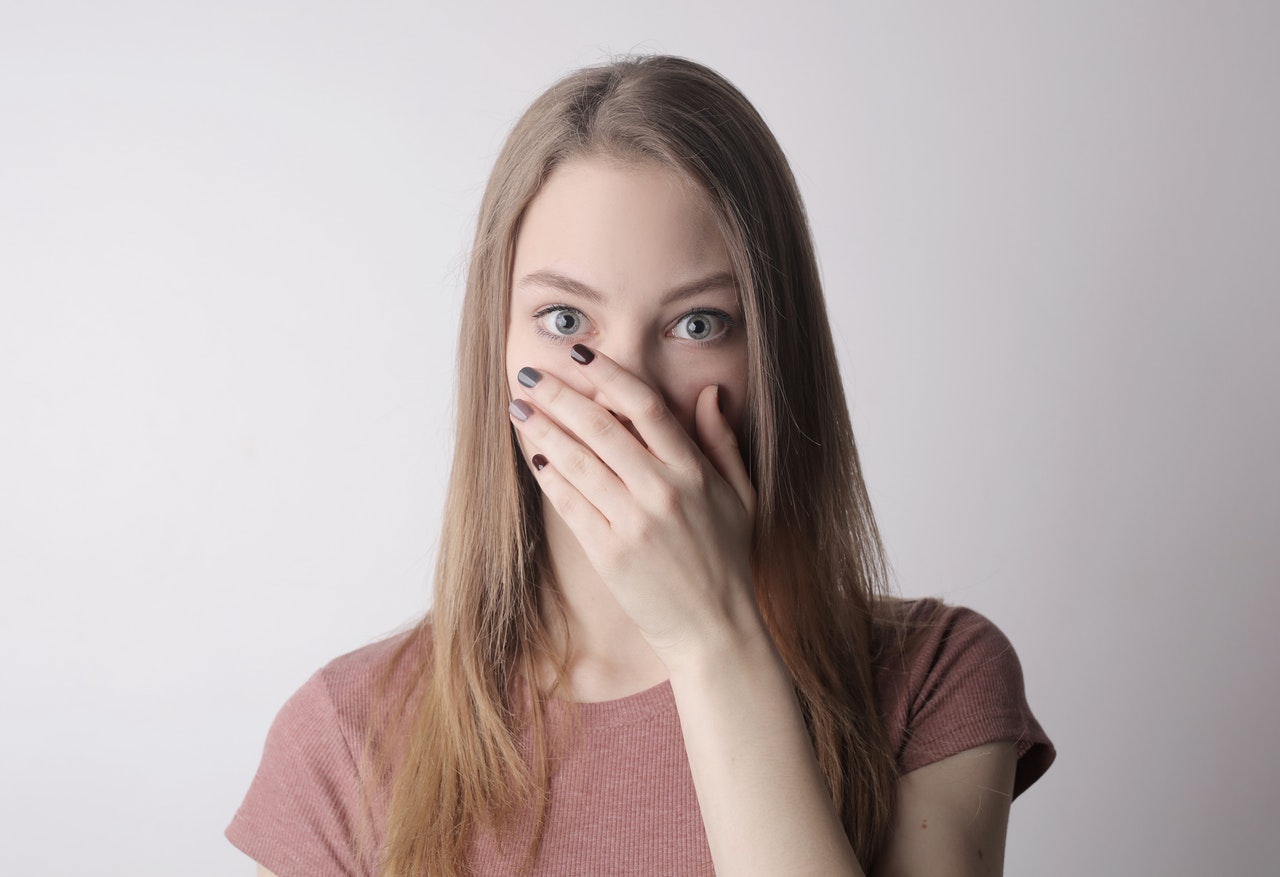
25 Jan 5 Common Causes of Bad Breath
Is bad breath impacting your confidence? Halitosis, or bad breath, is a very common condition that results from a variety of issues. Understanding what is causing your bad breath can help you find the right remedy. At Hicks Dental Group, we want to help you maintain a clean, healthy mouth. Continue reading to learn what causes bad breath, even after brushing your teeth, to help you prevent and treat the condition.
Five Common Causes of Bad Breath
1. Poor Oral Hygiene
Harmful bacteria stick to the surface of your teeth, between your teeth, along your gums, and even on the surface of your tongue. Neglecting to thoroughly brush your teeth twice a day and floss daily causes bacteria to build up in your mouth leading to cavities and gum disease.
While cavities themselves do not cause bad breath, the bacteria that damage your teeth have a bad odor. Eliminating bacteria and food particles from your mouth with a strong oral hygiene routine not only prevents bad breath, but also reduces your risk of developing cavities, gum disease, and other oral health concerns. Leaving cavities and gum disease untreated can cause bad breath even after brushing your teeth.
2. Alcohol and Tobacco Use
Drinking alcohol can dry out your mouth, which leads to more bacteria production. More bacteria lead to bad breath, so it’s a good idea to drink alcohol in moderation and to drink plenty of water when consuming alcohol.
Smoking tobacco leaves behind an unpleasant odor in your mouth. Using any kind of tobacco product also puts you more at risk of developing gum disease and other serious oral health issues. Quitting smoking can help protect your overall health and prevent bad breath.
3. Dry Mouth
Xerostomia (dry mouth) is a lack of saliva production. Without enough saliva, your mouth becomes a breeding ground for bacteria. Dry mouth has a variety of causes—nerve damage, diabetes, stroke, Alzheimer’s disease, oral thrush, cancer, and other medical conditions can also cause dry mouth. Many prescription and over-the-counter medications also cause dry mouth as a side effect. If you don’t treat what is causing dry mouth, you won’t be able to effectively treat your case of bad breath.
4. Diet
The foods you eat and beverages you drink can also cause bad breath. For instance, garlic and onion are strong flavors that leave odorous food particles in your mouth and cause bad breath even after you brush your teeth. Coffee is another culprit due to its flavor and the fact that caffeine can decrease saliva production.
High sugar and low-carb diets can also contribute to bad breath. Too much sugar leads to more bacteria and too few carbs can affect your body’s metabolism, which affects your breath.
High-protein foods may take more effort for your body to digest, which causes the release of sulfurous gases that affect the smell of your breath. Other problems with digestion like acid reflux, constipation, and bowel disorders, can also result in halitosis.
Combat bad breath with your diet by eating fresh fruits and vegetables that are rich in fiber to help increase saliva production. Yogurt, cheese, and milk are also good choices because they contain vitamin D, which helps reduce bacteria growth.
5. Mouth, Nose, Sinus, and Throat conditions
Infections or inflammation of your nose, sinus, and throat that dry out your mouth or cause mucus to drain into your throat can cause bad breath. Bacteria-covered stones called tonsil stones can also form in the back of your throat, producing a bad odor. Gargling with warm salt water can help remove these stones and eliminate the odor.
Treatment for Bad Breath in Prescott
While bad breath can be masked with mouthwash and mints, it’s important to determine the possible causes of halitosis in order to effectively eliminate it. If you are suffering from bad breath that won’t go away after brushing your teeth, contact Hicks Dental Group in Arizona. We are dedicated to giving you a fresh, healthy smile to be proud of. Call 928-445-6030 today to make an appointment.
Images used under creative commons license – commercial use (1/25/2022). Photo by Andrea Piacquadio from Pexels

